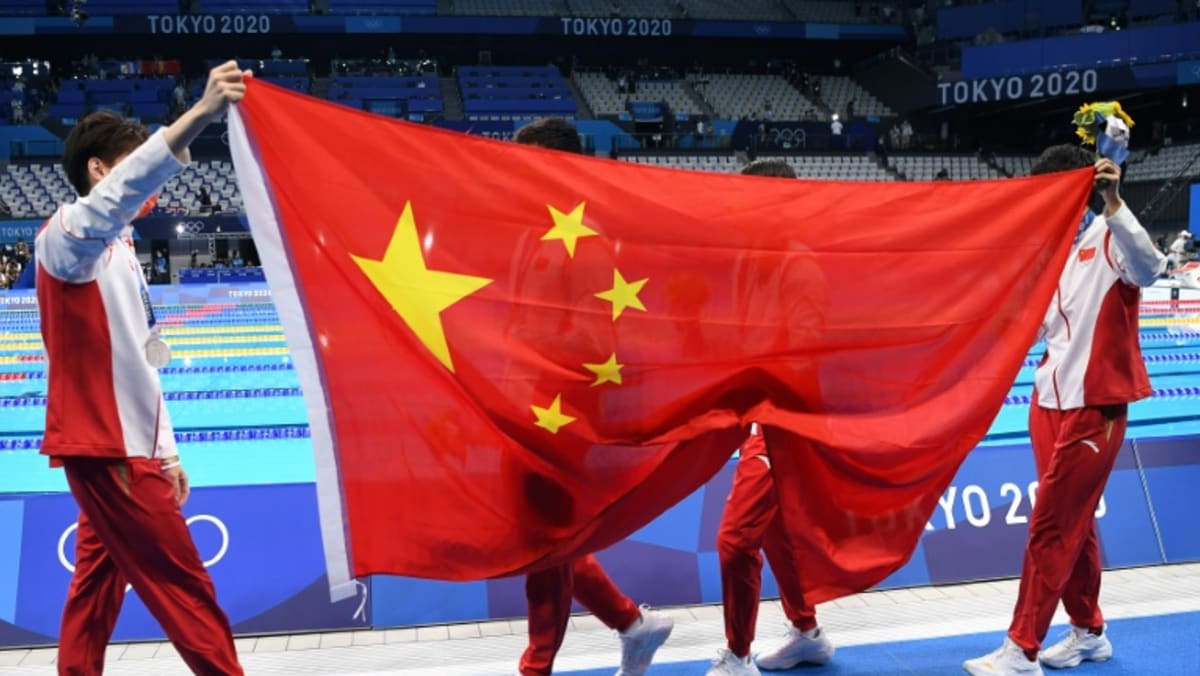BY THE BOOK
Here are a few reasons WADA gave as to why in its press conference this week.
First, more than 200 swimmers competing in the Chinese National Championships were staying in at least two different hotels at the time. The swimmers who tested positive to non-performance-enhancing amounts of TMZ were all at one hotel.
Second, there were fluctuating negative and positive results for the swimmers that were tested on multiple occasions, which were not consistent with deliberate doping techniques, including microdosing.
Third, WADA found no evidence of misconduct or manipulation in the case file handed over by CHINADA.
WADA says it reviews between 2,000 and 3,000 cases of suspected doping every year. It is not unusual for the body to file an appeal challenging anti-doping findings.
For example, WADA challenged an Australian Football League decision to clear 34 members of the Essendon Football Club. It also appealed a decision by the world swimming body, FINA, to clear high-profile Chinese swimmer Sun Yang of wrongdoing for his conduct during a 2018 drug test.
According to WADA’s general counsel, Ross Wenzel, the difference between these cases and the more recent allegations against the Chinese swimmers was that the body accepted the “no fault” finding in the latter case. In the earlier cases, it did not.
He also said WADA received external legal advice that it would have had less than a 1 per cent chance of winning an appeal in the TMZ case. According to WADA, everything was handled by the book, and if the body was faced with the same situation again, it would do nothing differently.














